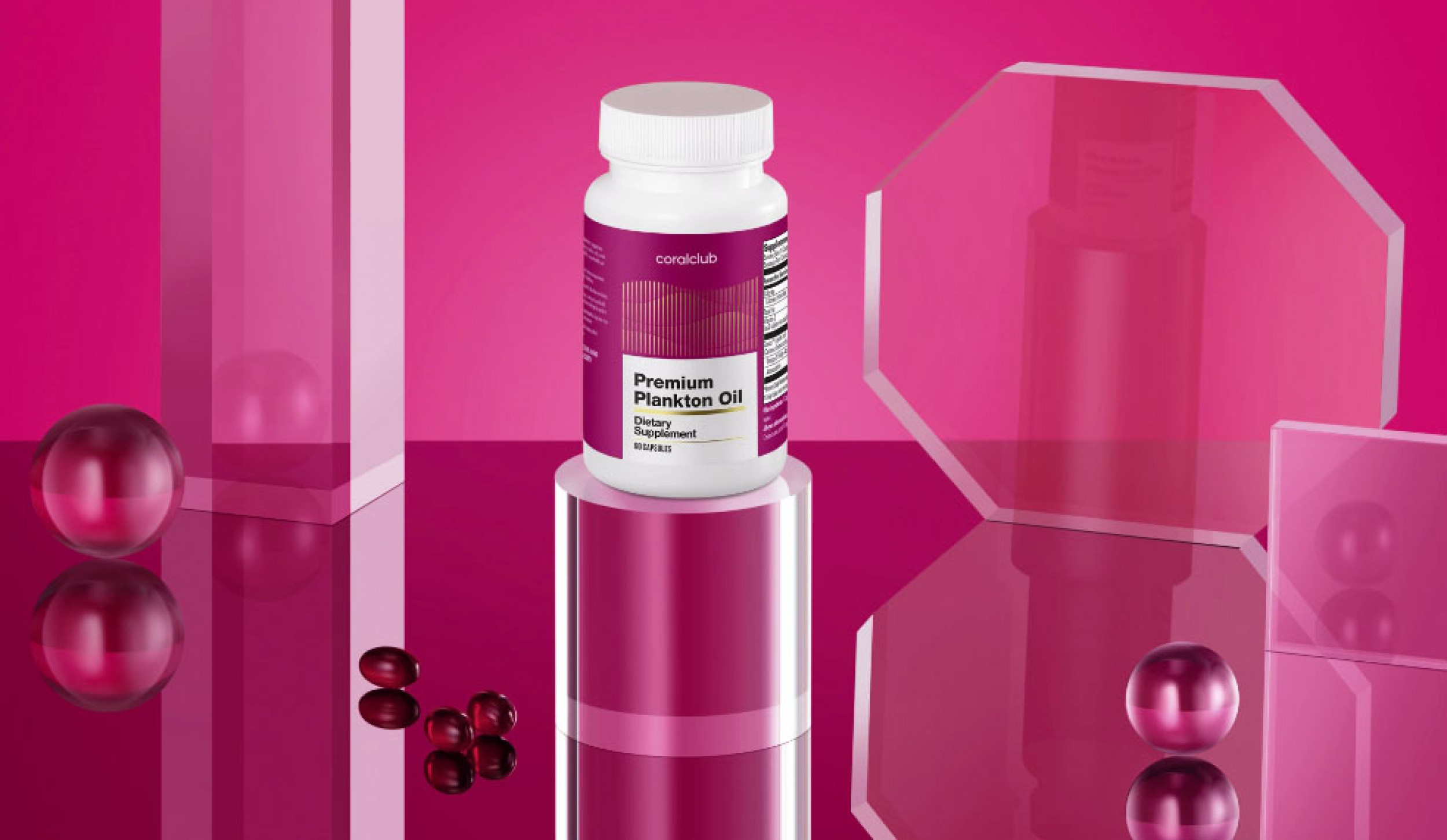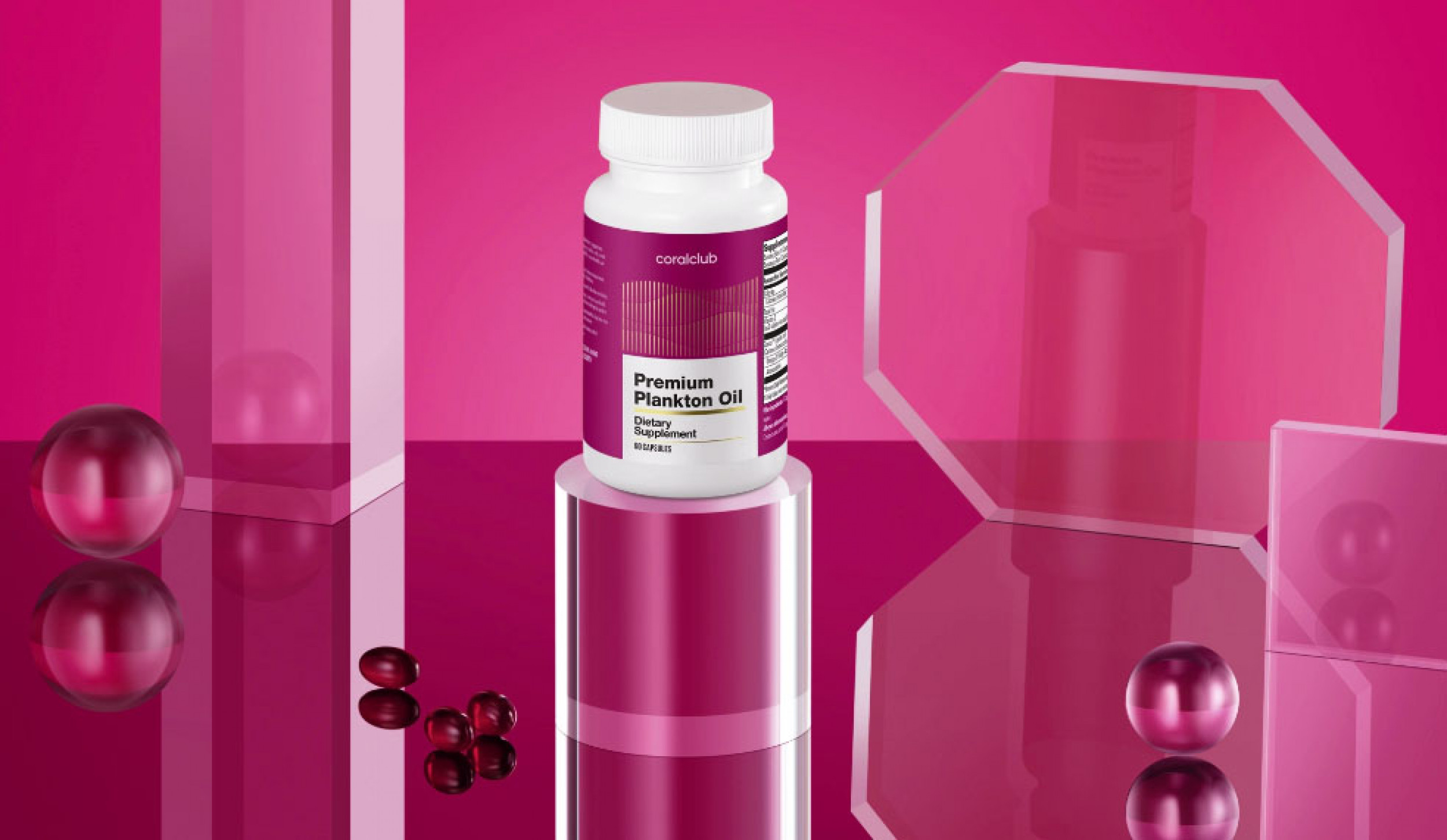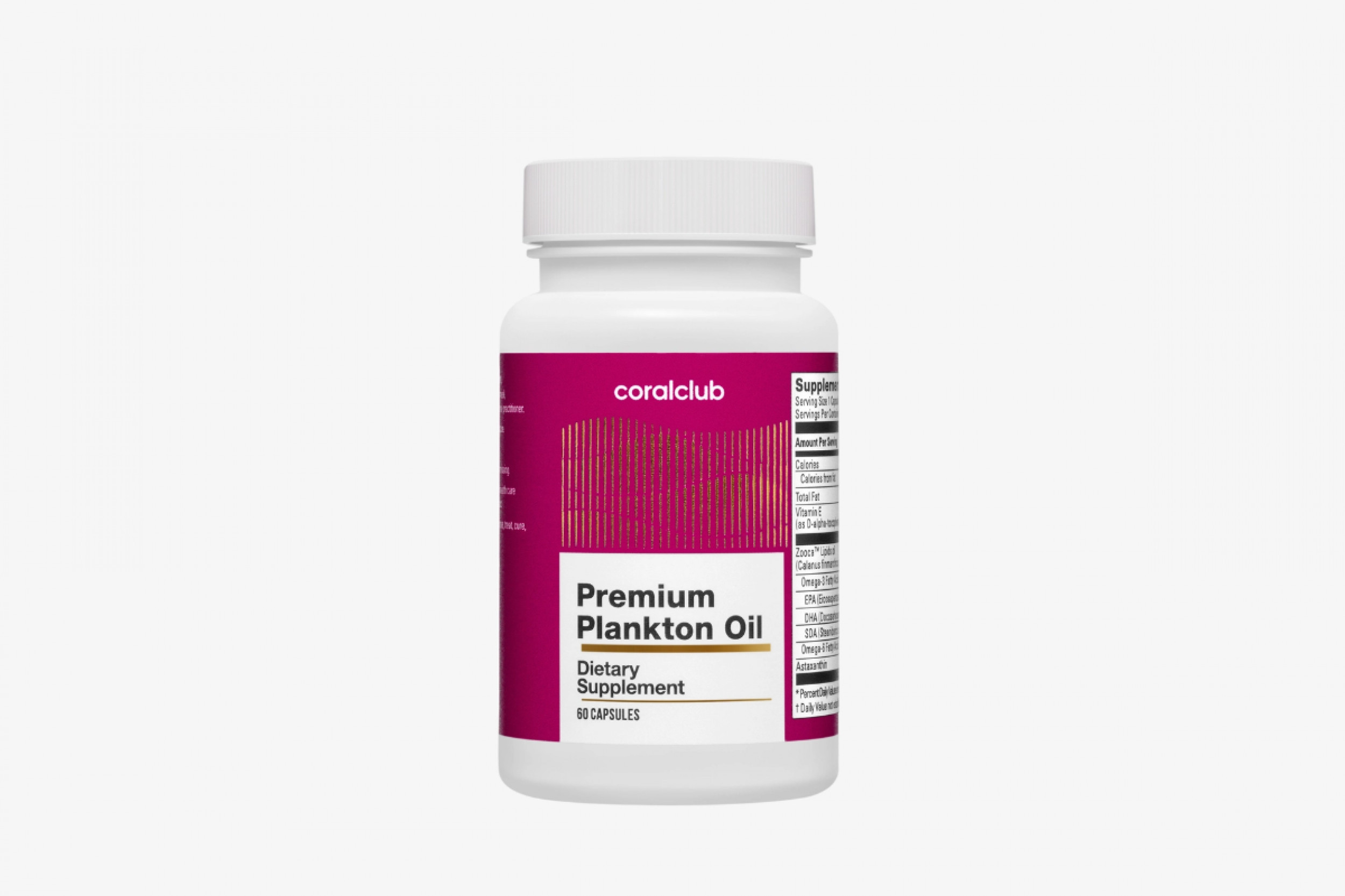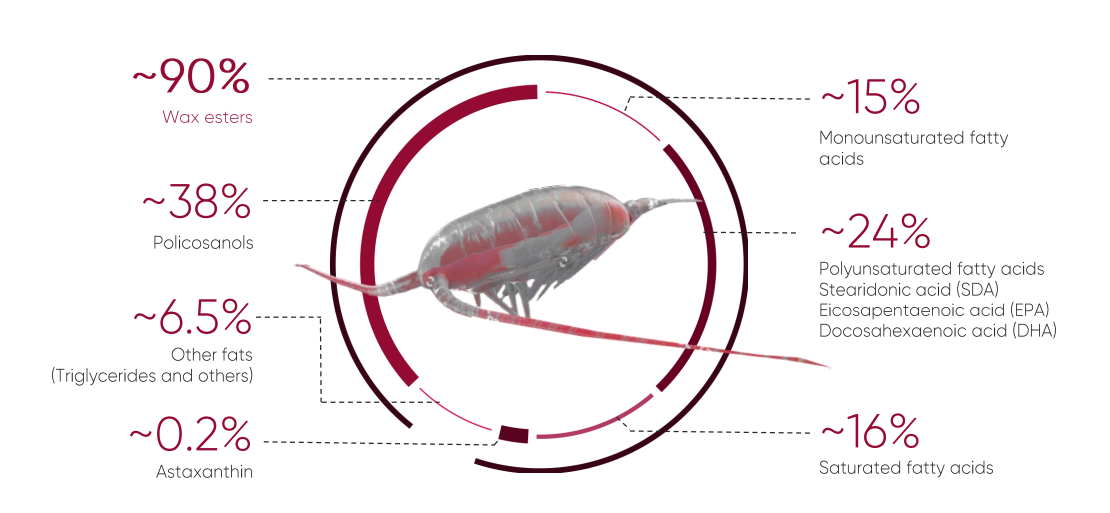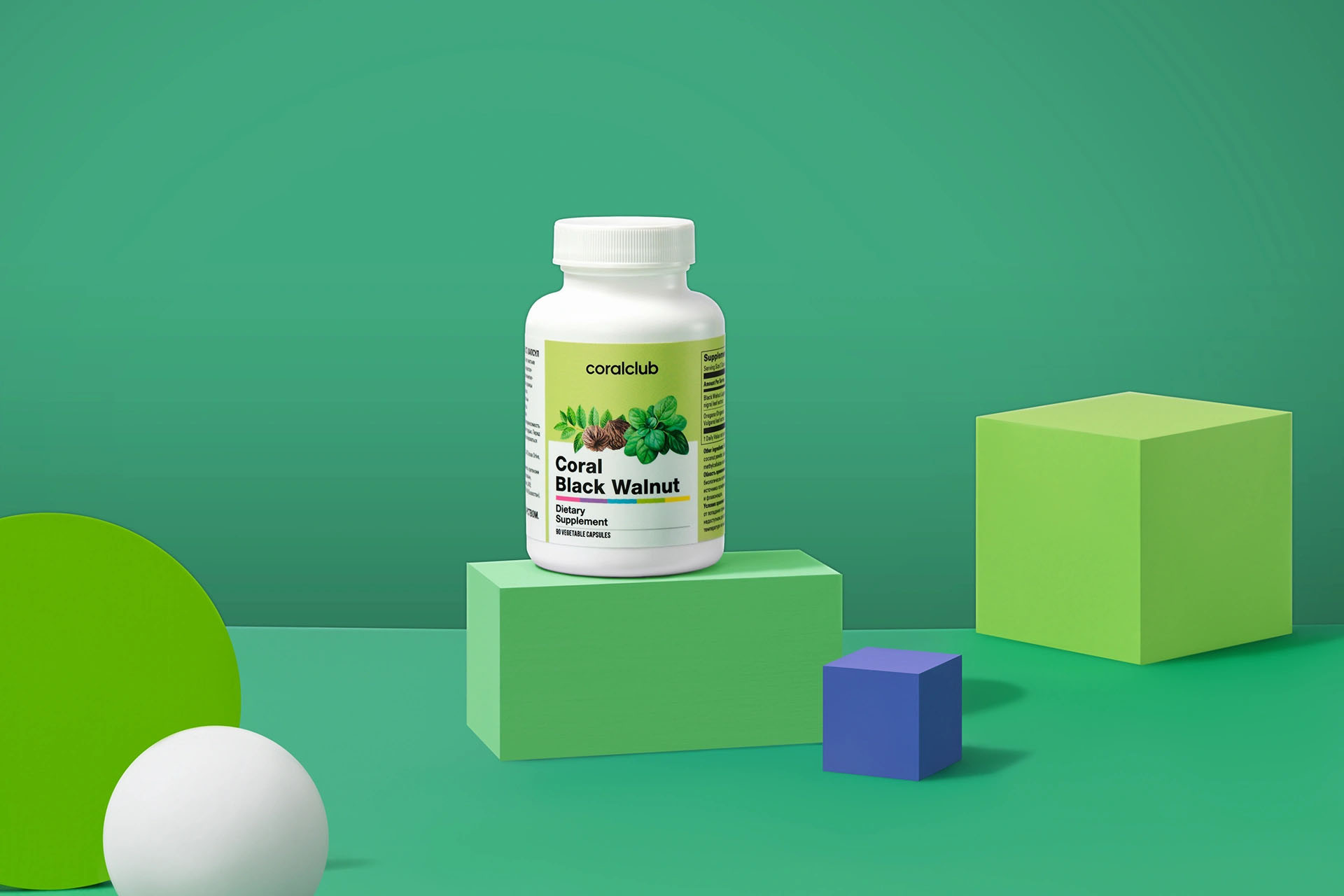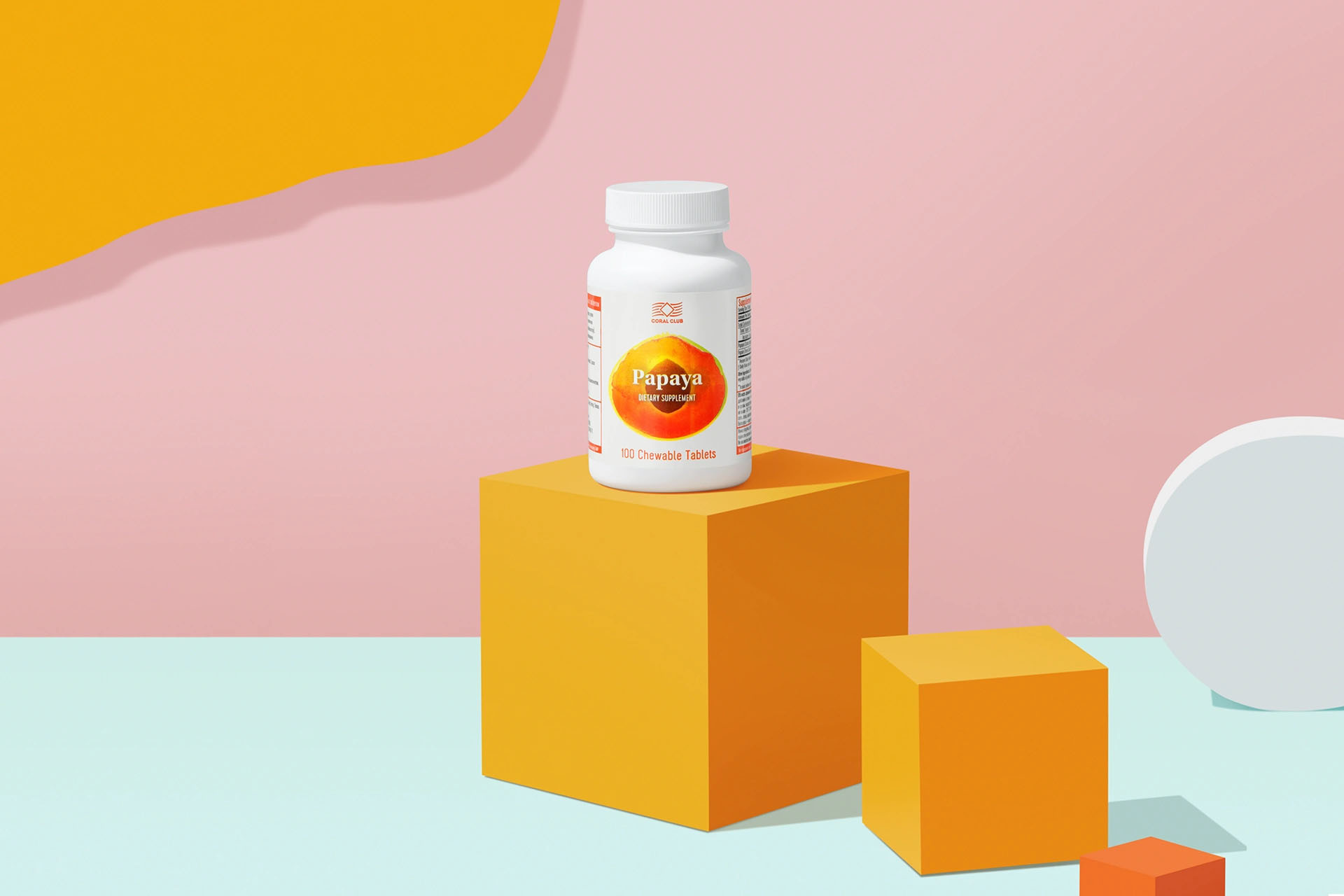What makes Calanus particularly remarkable is its unique ability to accumulate energy in the form of wax esters, providing a rich source of nutrition for various marine organisms.
Calanus, specifically (Calanus finmarchicus), is a type of zooplankton that thrives in the frigid waters of the North Atlantic. Despite its diminutive size, this tiny creature plays a vital role in marine ecosystems, serving as a crucial link in the food chain. What makes Calanus particularly remarkable is its unique ability to accumulate energy in the form of wax esters, providing a rich source of nutrition for various marine organisms.

Zooplankton, including Calanus, comprises the animal component of plankton, drifting along with ocean currents. The name "zooplankton" originates from the Greek words "zoon" meaning "animal" and "planktos" meaning "wanderer," reflecting these organisms’ inability to swim against the currents. Zooplankton sustains itself by feeding on algae, bacteria, and other microscopic organisms, making it a vital food source for a wide range of marine life, from fish to whales.
Unlike other forms of omega-3 found in fish and krill oil, the fats in Calanus Oil are present in a unique form of wax esters.
Calanus Oil, derived from Calanus finmarchicus, is a natural product rich in unsaturated fats, primarily
omega-3, and the carotenoid astaxanthin. Unlike other forms of
omega-3 found in fish and krill oil, the fats in Calanus Oil are present in a unique form of
wax esters. This distinctive composition allows for slow digestion, enabling the oil to reach the lower parts of the intestine, where it can positively influence metabolism.

The harvesting of Calanus is conducted in an environmentally friendly manner, with no harm to the population or marine environment. The oil production process is chemical-free, ensuring the purity and integrity of the final product.
One notable component of Calanus Oil is
astaxanthin, a potent antioxidant known for its ability to protect cells from oxidative stress. This antioxidant property, coupled with the unique composition of Calanus Oil, makes it a valuable dietary supplement with potential benefits for metabolic health.
One notable component of Calanus Oil is astaxanthin, a potent antioxidant known for its ability to protect cells from oxidative stress

